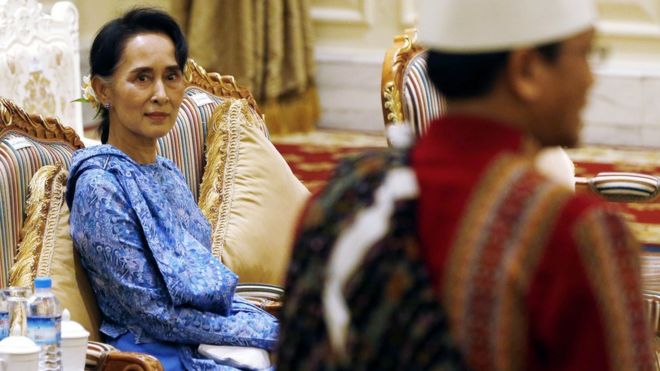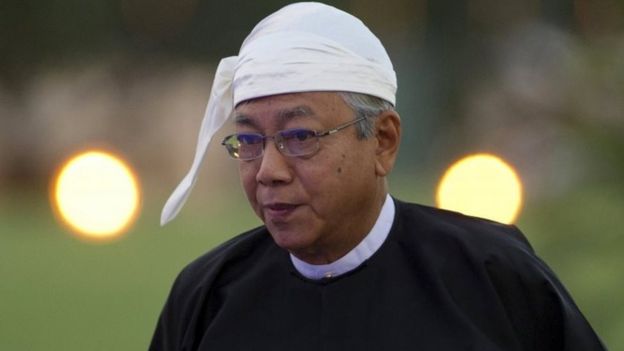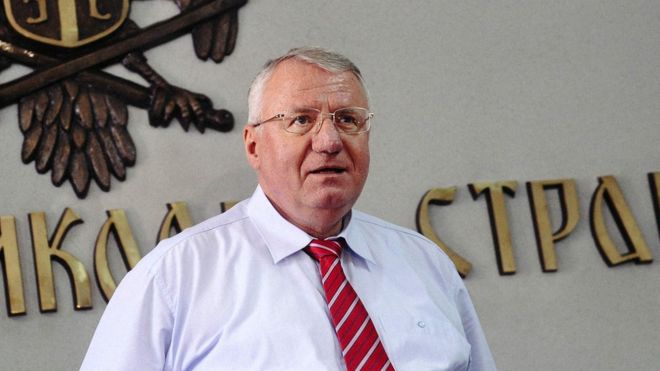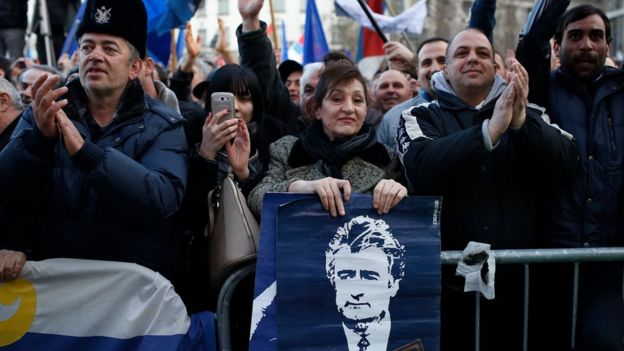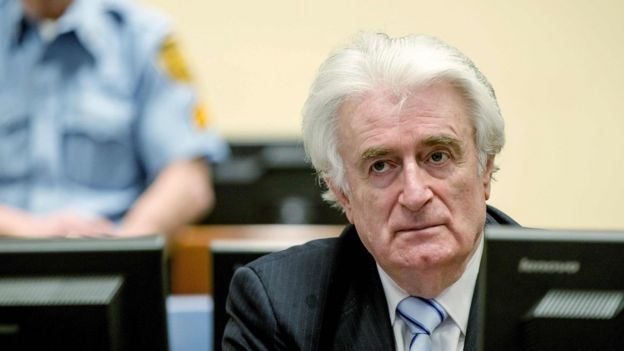ARAB NEWS
Published — Thursday 31 March 2016
Last update 31 March 2016 1:24 am
LATEST STORIES IN SAUDI ARABIA
JEDDAH: The Kingdom’s efforts in developing various sectors have been hailed by one and all, but the absence of a proper public transport system remains a pipe dream. And those affected most by it are career women.
Reaching the workplace, appearing for an interview or simply attending to a patient is nightmarish for many women as they have to either depend on taxis that they allege charge exorbitantly or hire drivers many of whom are rash, unskilled and uneducated, leading to accidents and loss of lives.
A group of career women from Madinah have narrated their woes to a local newspaper and demanded that the authorities concerned pay due attention to developing the public transport system, which they said is crucial to overall development.
Khadija Mohammed, a teacher at a village in Madinah, said many teachers have lost their lives in road accidents and wondered to what degree will blood continue to be shed.
Others, like Soad Al-Harbi, a private sector employee, suffers financially due to a lack of public transportation system. “I earn SR3,500 salary, but half of it has to be spent on the driver to drop me and pick me up from the workplace. I am forced to comply with the situation as I need my driver and must ensure that he remains available to me,” she said.
Wiam, a teacher in Madinah, asks why there is no public transport services connecting all parts of the Kingdom. “Some drivers who do not fear God take advantage of their female passengers and charge them extra. When cars break down in remote areas, teachers are forced to wait on roads,” she added.
Dr. Hanan Al-Qadi, a dentist, said the matter becomes more difficult when a doctor must attend to a patient at a far site, as she is forced to enter into an agreement with a driver, despite a directive from the Health Ministry that doctors should not leave on assignment without car.
Other challenges women professionals face, especially teachers working in remote areas, are language barriers, little knowledge of the quality and condition of the vehicle and lack of price control.
Dr. Ahlam Abdulqader Kurdi, an adviser to the health affairs director in Madinah, says drivers, despite their critical role, lack controls and standards with regard to quality of work, training and punctuality. She stressed the importance of training drivers, ensuring they have the necessary skills, and fixing the rates.
She proposed setting up of offices under the supervision of the Health Ministry to oversee transportation affairs with controlled prices or to raise the transportation allowance.
Ghada Al-Wakeel, a TV presenter and media professional, says drivers exploit women who need their services and raise prices substantially, especially as many women, like herself, who have jobs that require frequent transport, have no other alternative but to give in to such demands.
Said Al-Bassemi, vice chairman of the National Committee on Transport and chairman of the Committee of Transport at the Jeddah Chamber of Commerce, said transport companies provide such services to customers based on monthly agreements, and are not officially registered with the ministry of transport.
As per the ministry’s regulations, fees for trips are determined by a meter that starts at SR5, and based on a fare of SR 1.70 per kilometer. As for rural areas and villages, he said transportation of 15 passengers costs up to SR2,500 per person per month, depending on the route.
He also revealed efforts are under way to establish public transport, adding that studies have been submitted with regard to main cities and they are currently being reviewed. The private sector will be responsible for developing this project, he said.
In Riyadh, about 30 percent of the metro project has been completed, while the projects in Jeddah, Eastern Province, Makkah and Madinah are still in the final bidding stages.
Reaching the workplace, appearing for an interview or simply attending to a patient is nightmarish for many women as they have to either depend on taxis that they allege charge exorbitantly or hire drivers many of whom are rash, unskilled and uneducated, leading to accidents and loss of lives.
A group of career women from Madinah have narrated their woes to a local newspaper and demanded that the authorities concerned pay due attention to developing the public transport system, which they said is crucial to overall development.
Khadija Mohammed, a teacher at a village in Madinah, said many teachers have lost their lives in road accidents and wondered to what degree will blood continue to be shed.
Others, like Soad Al-Harbi, a private sector employee, suffers financially due to a lack of public transportation system. “I earn SR3,500 salary, but half of it has to be spent on the driver to drop me and pick me up from the workplace. I am forced to comply with the situation as I need my driver and must ensure that he remains available to me,” she said.
Wiam, a teacher in Madinah, asks why there is no public transport services connecting all parts of the Kingdom. “Some drivers who do not fear God take advantage of their female passengers and charge them extra. When cars break down in remote areas, teachers are forced to wait on roads,” she added.
Dr. Hanan Al-Qadi, a dentist, said the matter becomes more difficult when a doctor must attend to a patient at a far site, as she is forced to enter into an agreement with a driver, despite a directive from the Health Ministry that doctors should not leave on assignment without car.
Other challenges women professionals face, especially teachers working in remote areas, are language barriers, little knowledge of the quality and condition of the vehicle and lack of price control.
Dr. Ahlam Abdulqader Kurdi, an adviser to the health affairs director in Madinah, says drivers, despite their critical role, lack controls and standards with regard to quality of work, training and punctuality. She stressed the importance of training drivers, ensuring they have the necessary skills, and fixing the rates.
She proposed setting up of offices under the supervision of the Health Ministry to oversee transportation affairs with controlled prices or to raise the transportation allowance.
Ghada Al-Wakeel, a TV presenter and media professional, says drivers exploit women who need their services and raise prices substantially, especially as many women, like herself, who have jobs that require frequent transport, have no other alternative but to give in to such demands.
Said Al-Bassemi, vice chairman of the National Committee on Transport and chairman of the Committee of Transport at the Jeddah Chamber of Commerce, said transport companies provide such services to customers based on monthly agreements, and are not officially registered with the ministry of transport.
As per the ministry’s regulations, fees for trips are determined by a meter that starts at SR5, and based on a fare of SR 1.70 per kilometer. As for rural areas and villages, he said transportation of 15 passengers costs up to SR2,500 per person per month, depending on the route.
He also revealed efforts are under way to establish public transport, adding that studies have been submitted with regard to main cities and they are currently being reviewed. The private sector will be responsible for developing this project, he said.
In Riyadh, about 30 percent of the metro project has been completed, while the projects in Jeddah, Eastern Province, Makkah and Madinah are still in the final bidding stages.





